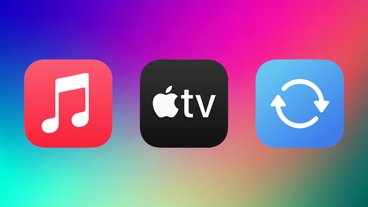Apple makes iTunes 8, iTunes U content accessible to the blind
According to a report by the Associated Press, John Olivera of the Massachusetts Commission for the Blind said the state approached Apple for help in making the wealth of educational material in iTunes U available to blind students.
Apple worked out an agreement with Massachusetts Attorney General Martha Coakley to make iTunes fully accessible, using VoiceOver technology developed for Mac OS X Leopard to enable blind users to set up an iTunes account, access iTunes U content, purchase albums, and rent movies.
There are currently "major gaps in the online world for blind consumers" the AP story noted, but cited Coakley as saying, "Apple is the leader, they've become the industry standard. Other companies that compete will have to or want to do this."
The agreement will build upon the existing accessibility features introduced in iTunes 8 to make iTunes U fully accessible by the end of the year and complete full access to remaining portions of iTunes by the end of June 2009, according to a report by Mac accessibility site Lioncourt.
The agreement includes a three year commitment to maintaining accessibility in iTunes, and Apple also donated $250,000 to the Massachusetts Commission for the Blind.
Prior to the agreement, Apple had made much of iTunes accessible with the release of initial VoiceOver support early last year. Apple enhanced VoiceOver and added Braille support in Mac OS X Leopard last fall. The company has also added Closed Captioning playback support in recent iPods and Apple TV and has provided support allowing iTunes content producers to add subtitles to their material.
iTunes accessible cross platform
For Windows users, Apple worked with GW Micro to develop full support for Microsoft Active Accessibility, an API that allows Windows applications to work with third party screen readers including Window Eyes 7.0 beta 3. Freedom Scientific also just recently announced iTunes support for its Jaws for Windows screen reader software.
While Leopard bundles in VoiceOver screen reading technology for Mac users at no extra cost, Windows users have to buy a screen reader application, which costs around $1000.
At a press conference held at the Perkins School for the Blind, AP interviewed 17 year old Cory Cadlik, who had given up using his iPod in frustration over not being able to use iTunes himself to download music. "You had no access before," Cadlik said. "When then this came out ... I said, 'Wow, this is great, this is awesome.'"
iPod nano accessibility
Apple also enhanced the 4G iPod nano, providing an alternative large font option as well as a spoken interface feature that enables iTunes to upload a prerecorded speech interface for audio navigation.
Using iTunes 8 to generate audio navigation for the iPod nano, rather than building an entire text-to-speech system on the iPod, results in better sounding audio and allows for greater customization, as users can select their desired playback rate and the voice used, either Leopard's standard Alex or any third party voice that has been installed on the machine.
The new mic-integrated headphones due next month will also help by providing volume and playback controls on the wire, as will the new accelerometer-based 'shake to shuffle' feature.
 Prince McLean
Prince McLean

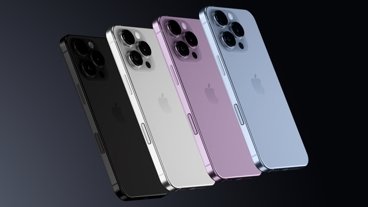
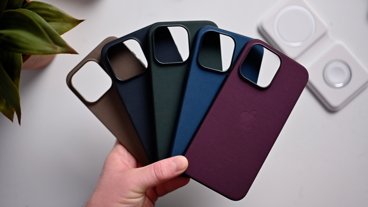






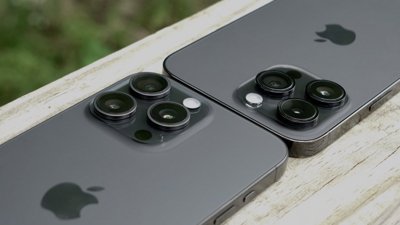
 Mike Wuerthele
Mike Wuerthele
 William Gallagher
William Gallagher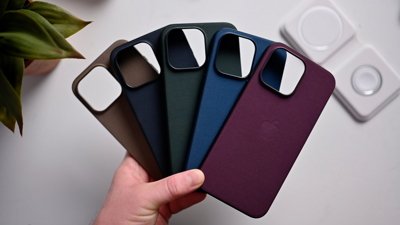

 Andrew Orr
Andrew Orr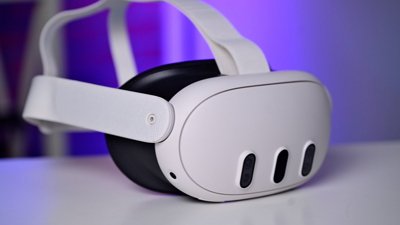
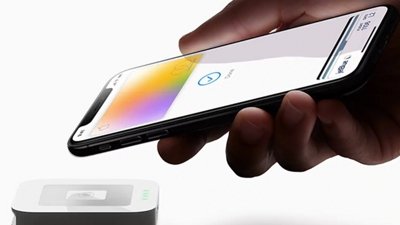
 Marko Zivkovic
Marko Zivkovic
 Malcolm Owen
Malcolm Owen
 Christine McKee
Christine McKee

